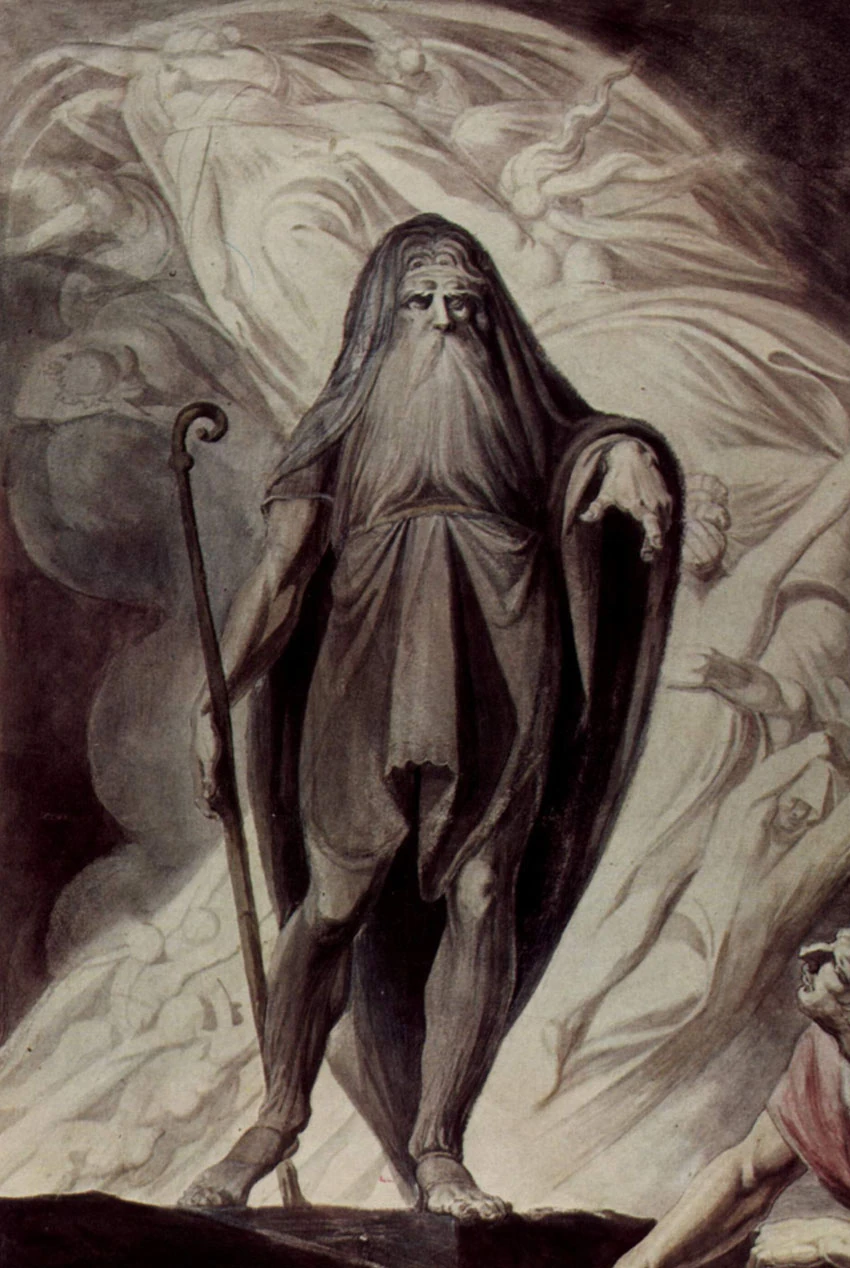(And I Tiresias have foresuffered all Enacted on this same divan or bed; I who have sat by Thebes below the wall And walked among the lowest of the dead.)
In this instance of voice, Tiresias becomes the speaker of the poem. It is contained within parenthesis, which gives it a far away or dreamy quality. This fits with the idea/feel of a prophecy, and Tiresias is a Seer. The voice is prophetic, all-knowing, and because it deals with the future, the voice is bending the idea of time.







